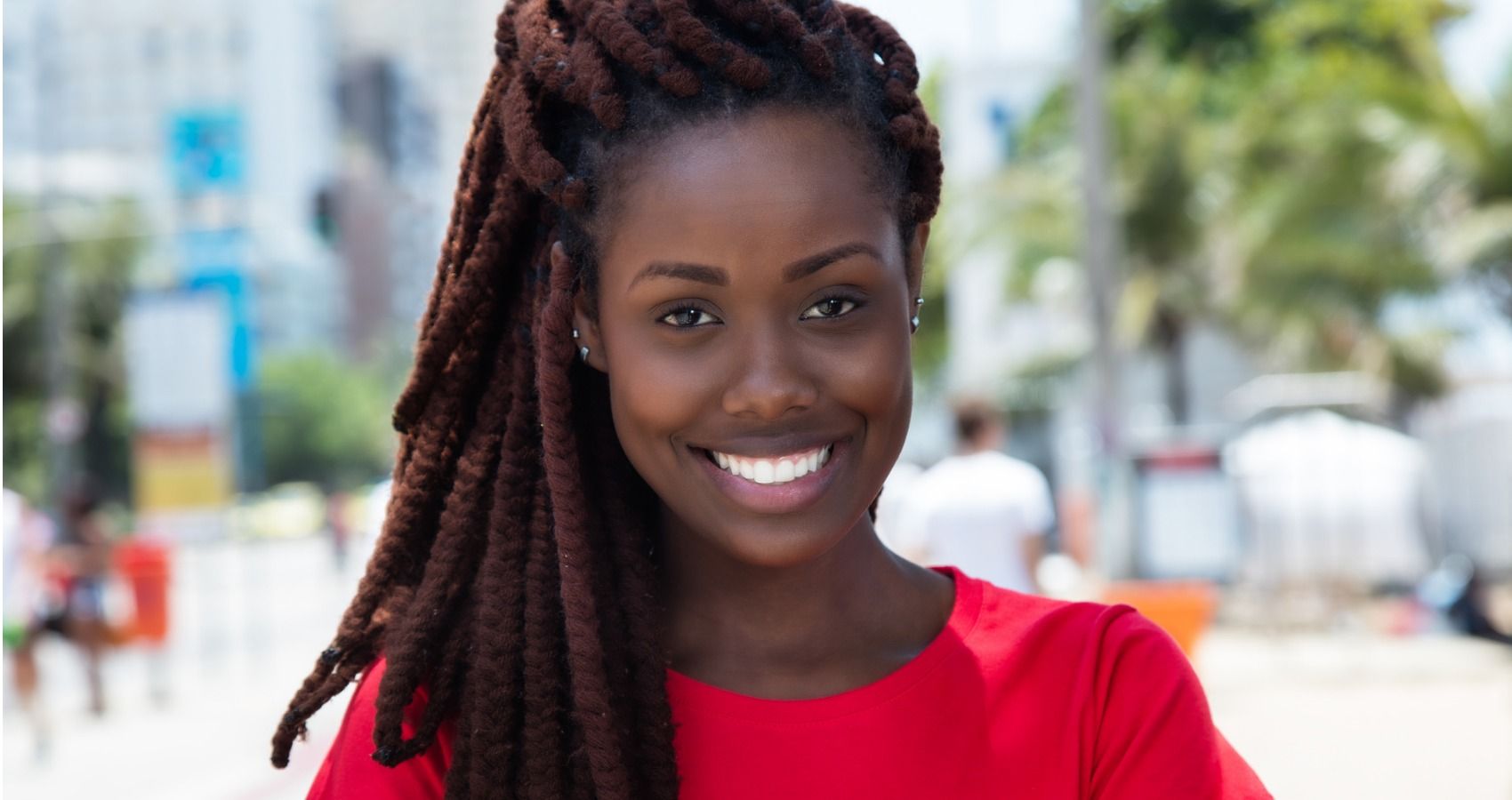Laws designed to protect people from discrimination in the workplace are nothing new. There are laws to protect employees from being discriminated against based on their race, gender, religion, sexuality, and physical and mental abilities (how they're applied and upheld is, sadly, a different story altogether). However, California recently became the first state to extend those protections to something else: hair. The state passed a law that prohibits employers and workplaces from enacting policies against natural hair, which historically have been used to further marginalize people of color. The new law will ban discrimination based on natural hair styles like braids, locs, afros, and twists. It's a huge step in recognizing that hair discrimination is racial discrimination and disproportionately targets people of color.
The Creating a Respectful and Open Workplace for Natural hair Act (or CROWN Act) is the first of its kind in the United States. It was signed into law by Governor Gavin Newsom last week, after being unanimously passed by California legislators last month. The CROWN Act amends California's current anti-discrimination laws to define the word race to include physical traits that are historically associated with a specific race. These include natural and protective hairstyles. Many schools and workplaces ban certain natural hairstyles, like afros and dread locks and braids. The new bill prohibits schools and employers from having dress code and grooming policies that single-out these natural hairstyles.
If you think this isn't a pervasive problem, you might not be paying close enough attention. A recent study conducted by Dove found that black women are 80% more likely to change their natural hair in order to fit into societal norms or conform to a workplace policy. Additionally, the study found that black women are twice as likely to have been sent home from work because of their hair, or know a black woman who has experienced the same. For so many people of color, their hair is just as much a part of their identity as their skin color, and policies that prohibit certain hairstyles favored by the black community are as racist as those that discriminate based on skin color, sexuality, gender, and religion.

